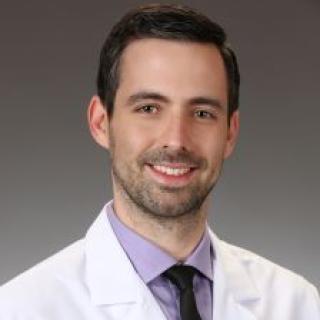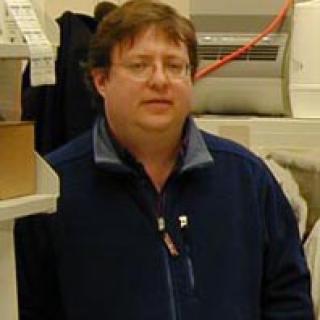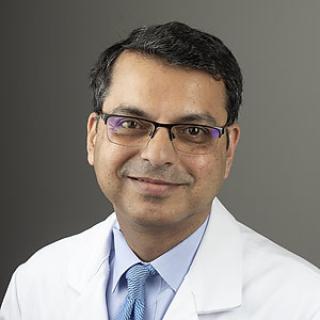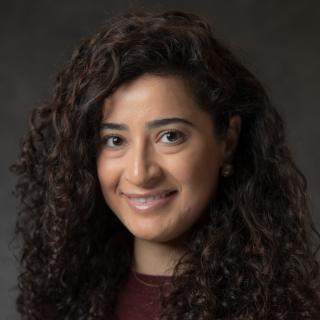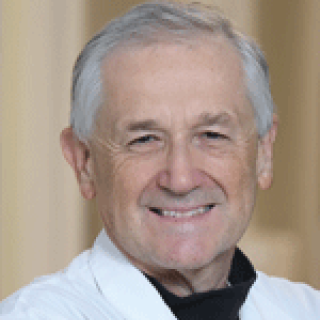Immune Deficiency Cellular Therapy Program
Immune Deficiency Cellular Therapy Program
About
About Our Program
The Immune Deficiency Cellular Therapy Program (ID-CTP) seeks to accelerate progress in the treatment of children, adolescents and young adults with genetic diseases of the blood and immune system, collaborating across multiple specialties to synergize disease-specific and gene mutation-specific approaches.
Recent advances in the molecular basis of disease have created exciting opportunities for the development and implementation of allogeneic transplant and gene and cellular therapy protocols to treat these diseases. Trans-laboratory projects engage both basic scientists and clinicians in the detailed molecular and cellular assessment of the restoration of normal immune function. Multidisciplinary studies focus on clinical issues that transcend individual protocols, such as detection and management of infections, classification and treatment of graft-versus-host disease, and detection and management of hyperinflammatory immune reconstitution syndromes driven by cytokine release.
The Program's goals:
1) coordinate basic, preclinical and clinical research efforts across multiple specialties and several NIH Institutes to accelerate progress in treatment of patients with genetic diseases of the blood and immune system;
2) engage basic scientists and clinicians in the detailed molecular and cellular assessment of the restoration of normal immune function;
3) develop and implement allogeneic transplant and gene and cellular therapy protocols to treat children, adolescents and young adults with these diseases; and
4) provide multi-disciplinary expertise to focus on key clinical questions such as detection and management of infections, classification and treatment of graft-versus-host disease, and detection and management of hyperinflammatory immune reconstitution syndromes driven by cytokine release to improve patient safety and outcomes.
Science
Our Research Interests
Sung-Yun Pai, M.D., is focused on cellular therapy for several disorders, including severe combined immunodeficiency (SCID), Wiskott-Aldrich syndrome (WAS) and DOCK8 deficiency, and developing new gene therapy approaches for these disorders.
Dennis D. Hickstein, M.D., is working on the recently described bone failure syndrome GATA2 deficiency. In particular, his lab is investigating mutations outside of the GATA2 exons in patients with MonoMAC syndrome, mutations associated with myeloid transformation in patients with GATA2 deficiency who have evidence of myeloid progression, and developing new approaches to the treatment of GATA2 deficiency with hematopoietic stem cell transplantation.
Steven Z. Pavletic, M.D., Ph.D., is directing clinical trials focused on chronic graft versus host disease (cGVHD) and hematopoietic stem cell transplantation. Dr. Pavletic was instrumental in helping to develop develop national and international consensus guidelines for cGVHD clinical trials.
Clinical Trials
Job Vacancies
We have no open positions in our group at this time, please check back later.
To see all available positions at CCR, take a look at our Careers page. You can also subscribe to receive CCR's latest job and training opportunities in your inbox.
News
Learn more about CCR research advances, new discoveries and more
on our news section.
Training
Opportunities
The NCI Center for Cancer Research is committed to training and supporting the next generation of cancer researchers; this is an important part of our mission. CCR offers a training environment that is second-to-none in quality of science and quality of life. Learn about all of the training/fellowship programs that are available at Training Opportunities. For current openings, visit CCR Careers.
Unique programs have been set up for:
- Medical School Graduates (MD, DDS, DVM)
- Postdoctoral Fellows (PhD, MD/PhD, DVM)
- Graduate/Professional School Students
- College Graduates
- College Students
- High School Students
Why Train at CCR?
For information on benefits, services and programs of interest to trainees/fellows, visit Why Choose CCR?
Contact
Contact Info
Center for Cancer Research National Cancer Institute
- Building 10, Room 1-5140
- Bethesda, MD 20892
- 240-858-7084
